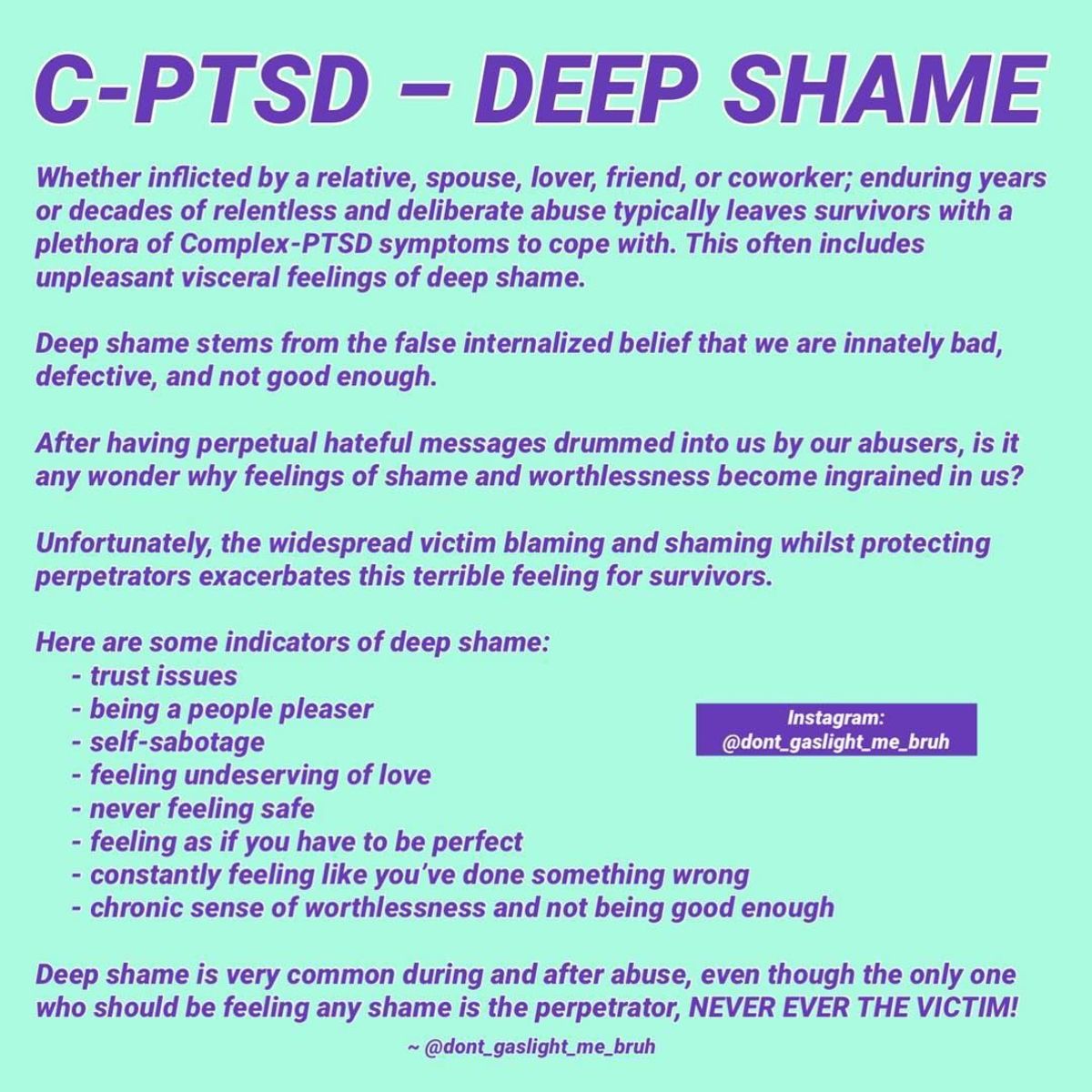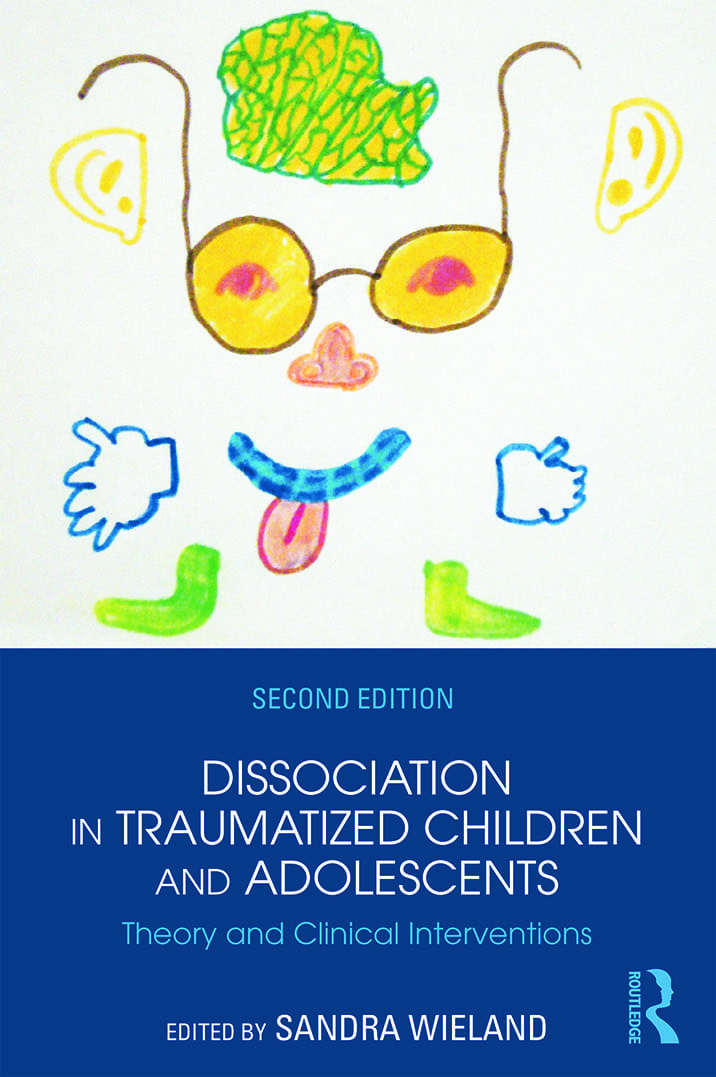

However, many individuals who experience complex trauma do not develop Complex PTSD. Ĭomplex PTSD may be diagnosed in adults or children who have experienced traumatic events, such as violence, neglect, or abuse. significant difficulties in building and maintaining relationships with others.experiencing intense feeling of loneliness.Experiencing complex trauma does not mean that an individual will develop Complex PTSD.Ĭomplex PTSD is a relatively new diagnosis and was developed to reflect the fact that some individuals present with additional symptoms following trauma not captured with a traditional PTSD diagnosis.
#Complex trauma series#
Complex trauma is a series of events and processes, not a diagnosis. Complex trauma and Complex PTSDĬomplex Post Traumatic Stress Disorder, or Complex PTSD, is a formal diagnosis of a mental health disorder. Different methods – as well as the different ways that complex trauma can be defined – will significantly influence the prevalence estimate. There are also many different definitions of what constitutes complex trauma. There are many different approaches to measuring complex trauma experiences – asking children directly, asking parents, and relying on statutory records (e.g. However, the prevalence of children and young people with complex trauma experiences varies depending on how it is measured and defined. Abuse and neglect are commonly described as complex traumas although not all cases will reach a definitional threshold. A community study by the National Society for the Prevention of Cruelty to Children (NSPCC) found that nearly 1 in 5 children (18.6%) experience some form of abuse or neglect. There is good evidence that complex trauma affects a significant minority of children in the UK. However, it is very likely that exposure to complex trauma will impact at least one or more of these aspects of development for most children to some degree. But again, not all children will show all or any of these effects. Increased difficulties are often observed in their relationships with peers and adults.

ĭifferent approaches in how complex trauma is measured have been shown to capture different groups of individuals characterised by different patterns of mental and physical health outcomes.Ĭonsidering these effects, it is unsurprising that there can be a significant impact on a child’s social functioning. There is also evidence of an impact on physical health.


levels of cortisol and levels of inflammation.The experience of complex trauma can impact multiple aspects of child development at the biological level and in psychological and emotional functioning. It is helpful to remember that the child’s experience of an event is different from their response to the event. Genetic, biological, psychological, and social factors as well as the nature of trauma itself can influence the reaction. Reactions can range from immediate and severe to limited or no adverse reaction. But, not all children are affected in the same way. The impact of complex traumaĮxposure to complex trauma can impact a child’s emotional, psychological, social, and physical development. Second, they occur during child development, with important implications for their potential impact. First, they typically arise within the context of a child’s relationships. These experiences have several key features. Such events may include abuse, neglect, interpersonal violence, community violence, racism, discrimination, and war. The UK Trauma Council defines complex trauma as traumatic experiences involving multiple events with interpersonal threats during childhood or adolescence.


 0 kommentar(er)
0 kommentar(er)
